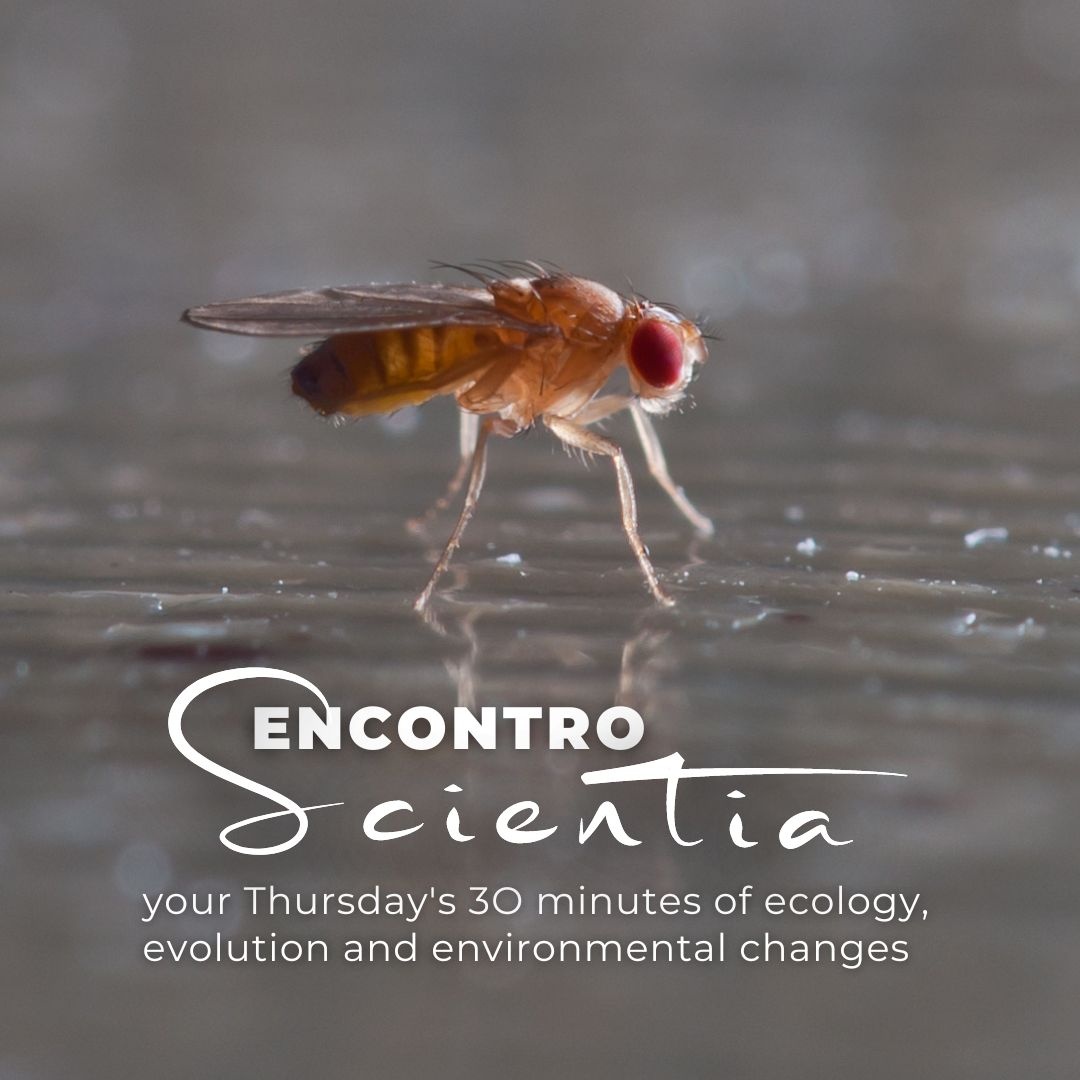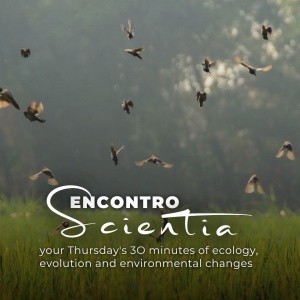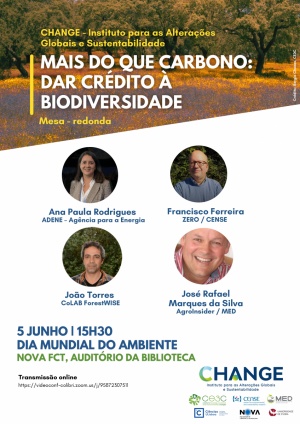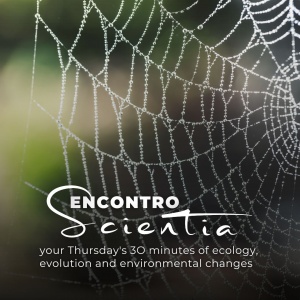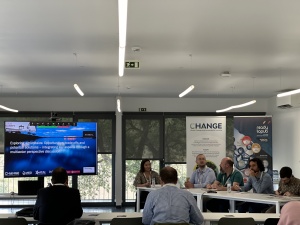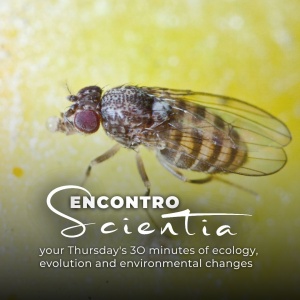Encontro Scientia with Alisson Gontijo (Development and Evolutionary Morphogenesis)
2 November 2023 . 12h00 (Lisbon time) . Room 2.2.14 (FCUL)
Online access • LINK
Password • scientia
Our lab uses genetics and functional genomics coupled with imaging and quantitative behavioural monitoring to study how neuroendocrine systems coordinate organ development and developmentally-linked innate (genetically encoded) behaviors, using Drosophila as a model system. We and others have shown that during larval stages, interorgan signaling via the conserved Dilp8-Lgr3/relaxin-like-signaling pathway occurs between imaginal discs (adult appendage precursors) and the central nervous system (CNS). This signaling occurs upon disc growth aberrations that are either induced (e.g., tumoral or regenerative growth) or caused by developmental noise. It promotes disc growth homeostasis which contributes to species-typical body proportions and organ symmetry in adult stages. Recently, we found that this same signalling pathway is developmentally-triggered at a later developmental stage, but in a different peripheral tissue, the cuticle epidermis, which now signals to a different set of CNS interneurons. Instead of regulating growth, these interneurons unlock a cascade of innate behaviors that promote survival by protecting the animal from desiccation and predation during its subsequent immotile life history phase, the pupal phase.
Our current work aims at dissecting events occurring upstream and downstream of these signaling instances and to gain further insight into how neuroendocrine systems contribute to development and behavior.
Tags: DEM encontro scientia development developmental biology genetics genomics imaging neuroendocrine behavior drosophila

